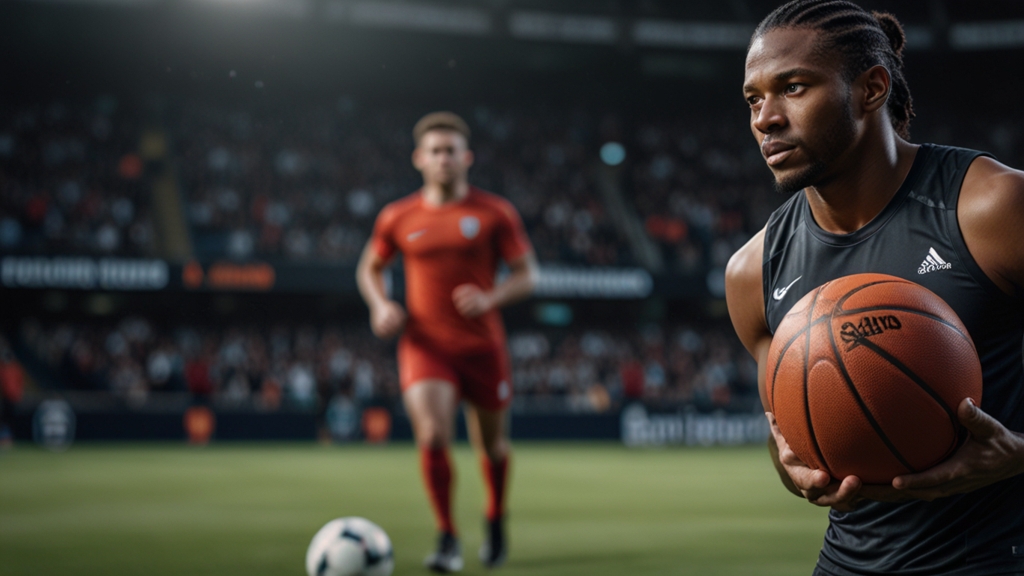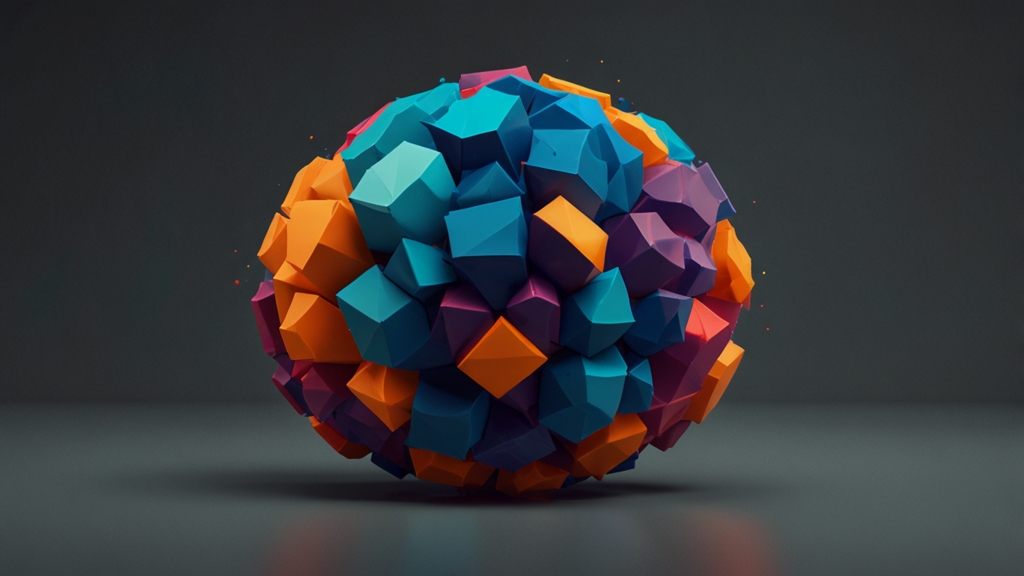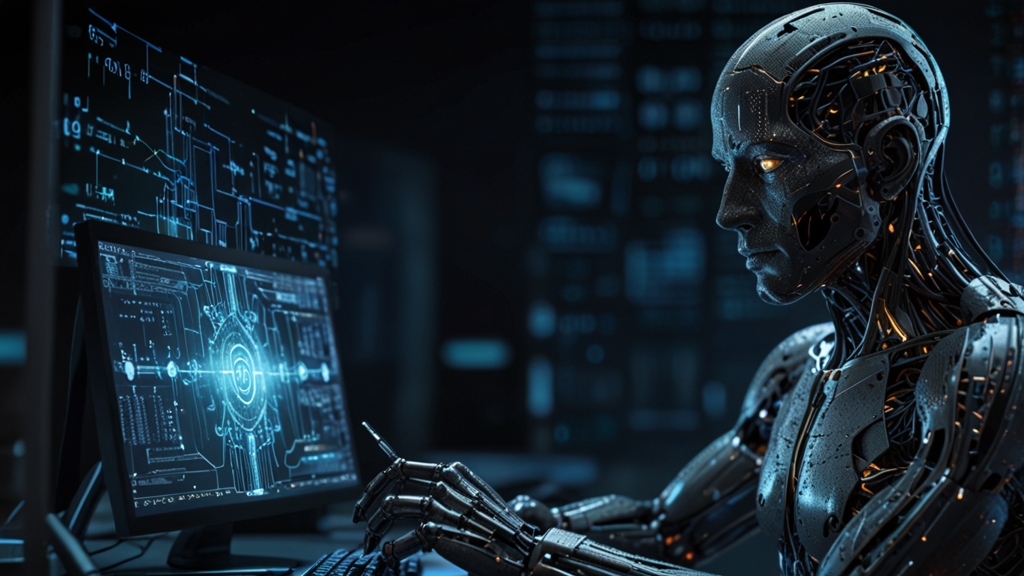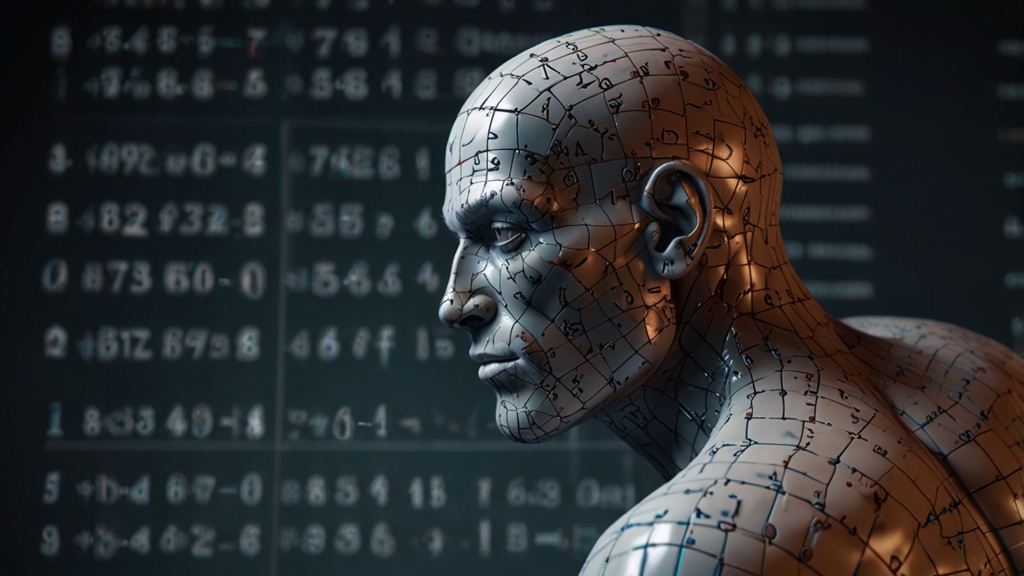AI in Sports: Revolutionizing Training and Performance Analytics
The integration of Artificial Intelligence (AI) into sports is not merely a trend but a transformative force reshaping how athletes train and perform. With AI, teams and individuals are able to gain unprecedented insights, optimize their training regimens, and enhance on-field performance. This rapidly evolving technology ushers in a new era where data-driven decisions hold the key to achieving peak athletic performance.
Enhanced Training Regimens
One of the most significant impacts of AI on sports is the ability to customize training programs tailored to individual athletes. By analyzing vast datasets, AI can identify strengths and weaknesses, enabling tailored workout plans that focus on improving specific areas. This approach not only maximizes the efficiency of the training but also minimizes the risk of injury.
"AI-driven platforms are capable of monitoring an athlete's biometrics, offering real-time feedback, and adjusting training loads dynamically. This level of personalization was previously unattainable and is changing the way athletes prepare for competition." – Sports Analytics Expert
Furthermore, AI-powered wearables can track and analyze movement, heart rate, and other vital statistics, providing coaches with valuable information on an athlete's condition. This continuous monitoring can indicate when an athlete is overtraining or approaching fatigue, allowing for necessary adjustments to prevent burnout.
Performance Analytics
AI is revolutionizing performance analytics by offering deeper and more accurate insights. Traditional methods of evaluating performance, such as video analysis, are now enhanced with AI algorithms capable of dissecting every aspect of play. AI can analyze footage frame by frame, identifying patterns and tendencies that might go unnoticed by the human eye.
"With AI, we are not just looking at what happened on the field, but understanding why it happened. This profound level of insight empowers coaches and players to make strategic adjustments with a level of precision that data alone couldn't previously provide." – Performance Analyst
This technological leap allows for better game strategy planning. Teams can study their opponents more effectively by recognizing patterns in their play, leading to more informed tactics and on-field decisions. Additionally, AI can simulate various scenarios and predict outcomes, giving teams a strategic edge during matches.
Predictive Injury Prevention
Injuries are an inevitable part of sports, but AI is making strides in predicting and preventing them. By examining historical data and identifying risk factors, AI models can forecast potential injuries and suggest preventive measures. This preemptive approach helps in maintaining athlete health and prolonging careers.
For instance, AI can assess the biomechanics of an athlete's movements and predict the likelihood of injuries such as ACL tears or muscle strains. This enables medical teams to take proactive steps, such as recommending exercises to strengthen vulnerable areas.
The Future of AI in Sports
The future of AI in sports promises even more integration and sophistication. As machine learning algorithms become more advanced, the insights gained will only become more precise, offering even greater benefits. Future applications might include virtual reality training augmented by AI, delivering an immersive and highly personalized training experience.
Additionally, fan engagement is likely to see transformation through AI. Predictive analytics can offer personalized content to fans, enhancing their experience and creating more interactive viewing opportunities.
In conclusion, AI is revolutionizing the sports industry by providing tailored training programs, advanced performance analytics, and predictive injury prevention. This shift towards data-driven decision-making is not only enhancing athletic performance but also ensuring the well-being of athletes. As AI continues to evolve, its impact on sports will undoubtedly become even more profound, heralding a new era of intelligent athletic performance.












